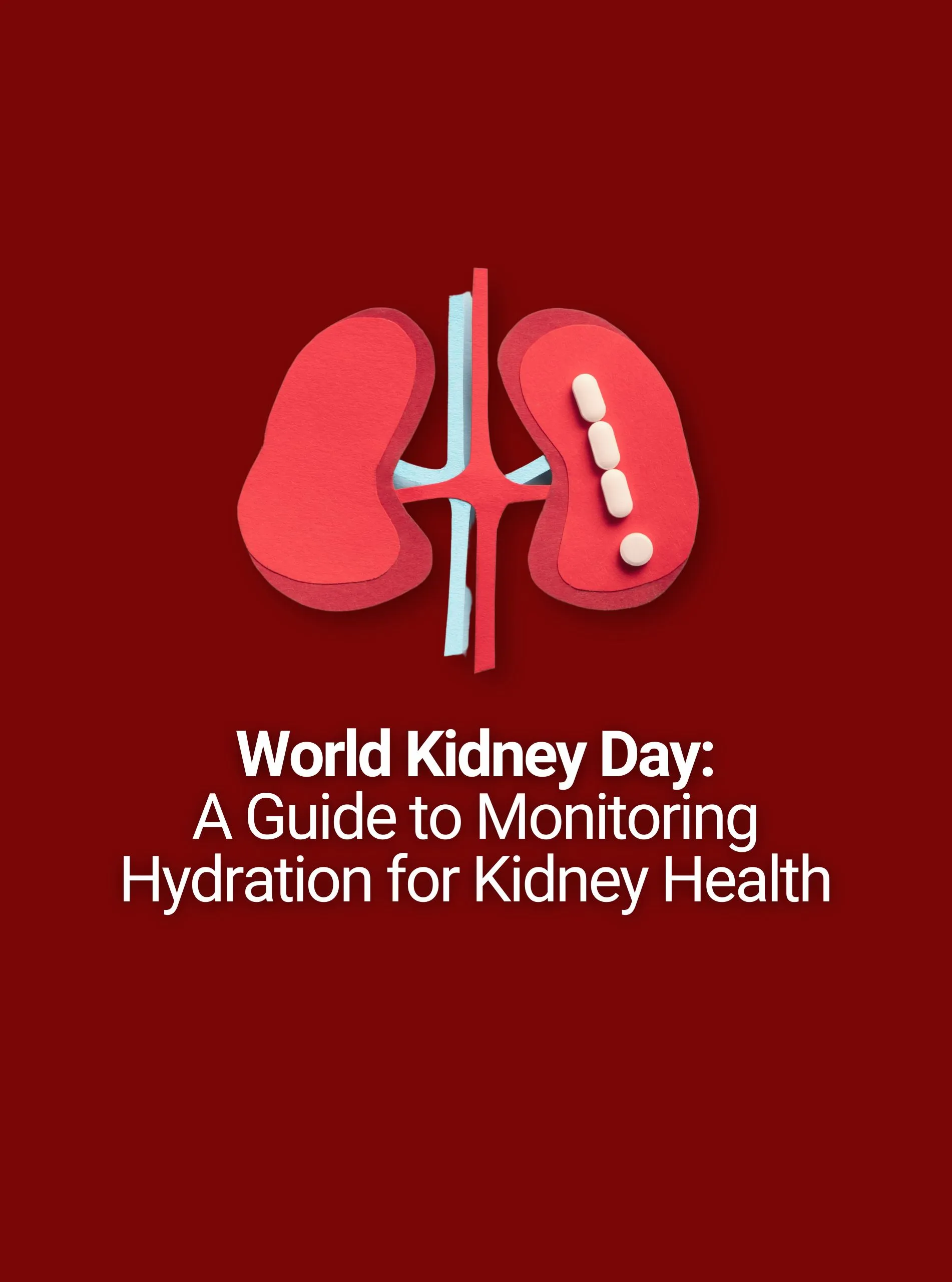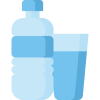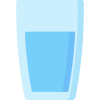


Hello everyone, World Kidney Day is around the corner!
World Kidney Day is observed annually on the 2nd Thursday in March with a dual aim of increasing global awareness of kidney health and reducing the frequency and impact of kidney disease and its associated health problems worldwide.

Chronic Kidney Disease (CKD), which is often silent and detected late, can be particularly devastating. It is a global health burden with significant impact. According to recent studies, approximately 10% of the population worldwide is affected by CKD, and millions die each year because they do not have access to affordable treatment. In Malaysia, the situation mirrors the global trend, with a worrying rise in cases of CKD. Recent health data indicates that around 15% of the Malaysian population is affected by CKD. This alarming statistic underscores the importance of World Kidney Day in the Malaysian context, as it provides a platform to emphasize the need for early detection and treatment.

Lifestyle factors, such as diet, physical activity, and smoking, actively contribute to preventing CKD. Achieving a balance between staying well-hydrated and avoiding kidney overload is crucial for kidney health. Dispelling the notion that excessively increasing water intake significantly enhances kidney function in healthy individuals, it becomes evident that this idea is more of a myth than a factual reality. Nonetheless, maintaining adequate hydration remains pivotal for optimal kidney function and in the prevention of kidney stones and urinary tract infections.
The recommended amount of water intake varies based on factors such as body size, climate, activity level, and overall health. While a common guideline suggests consuming about eight 8-ounce glasses of water a day, approximately equivalent to 2 litres or half a gallon, known as the “8×8 rule,” it is important to recognize that individual needs may differ, necessitating more or less than this standard.

Individuals with specific kidney conditions or a history of kidney failure should adhere to the guidance of their healthcare provider concerning fluid intake, as their needs may differ. For people with certain types of kidney disorders, overhydration can be as detrimental as dehydration. Key to proper hydration is attuning to your body’s signals. Thirst serves as a dependable indicator, signalling when it’s time to consume more water. Furthermore, the colour of your urine can provide valuable insights; pale yellow urine generally indicates sufficient hydration, while dark-coloured urine may signal the need for increased water intake.

Alkaline water has a higher pH level than regular drinking water. The pH scale ranges from 0 to 14, with 7 being neutral. Tap water typically has a pH of around 7, whereas alkaline water usually has a pH of 8 or 9. Proponents of alkaline water believe that its high pH can neutralize acid in the bloodstream, leading to various health benefits.
Most health professionals and researchers agree that these claims are not strongly supported by scientific evidence. The human body is adept at maintaining its pH balance regardless of the type of water you drink. The stomach, for instance, is highly acidic, and drinking alkaline water does not significantly change its acidity.
For most people, drinking alkaline water is considered safe. However, there is a potential risk of disrupting the body’s normal pH if extremely alkaline water is consumed in large amounts. While staying hydrated is essential for health, there’s little credible evidence that drinking alkaline water is more beneficial than drinking regular water. It’s generally more important to focus on drinking enough water, irrespective of its pH level.
Life Care Diagnostic Medical Centre Sdn. Bhd. 200401034597 (673106-V)
Bangsar South
WhatsApp: 0122343610
1st Floor, Wisma Lifecare,
No. 5, Jalan Kerinchi, Bangsar South,
59200 Kuala Lumpur
Cheras South
WhatsApp: 01127213620
19A-2 & 19B-2, Block E, Kompleks Komersil Akasa,
Jalan Akasa, Akasa Cheras Selatan,
43300 Seri Kembangan, Selangor
Operating Hour:
Monday – Friday: 8.00am – 5.00pm
Saturday: 8.00am – 1.00pm
Sunday & Public Holidays: Closed